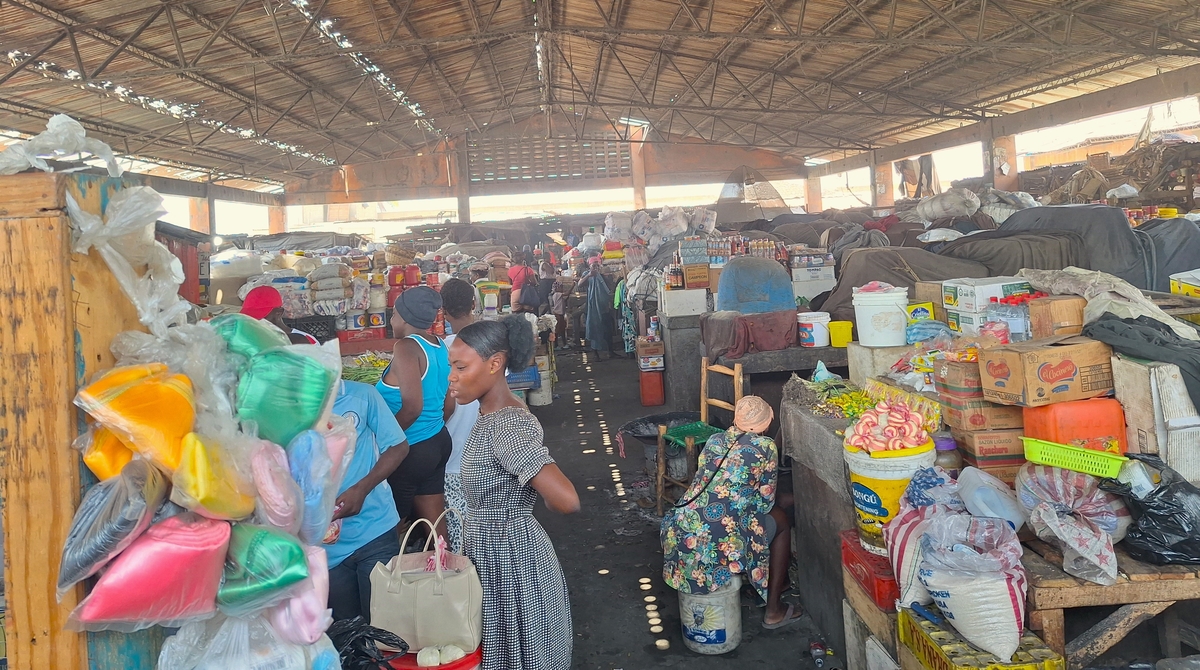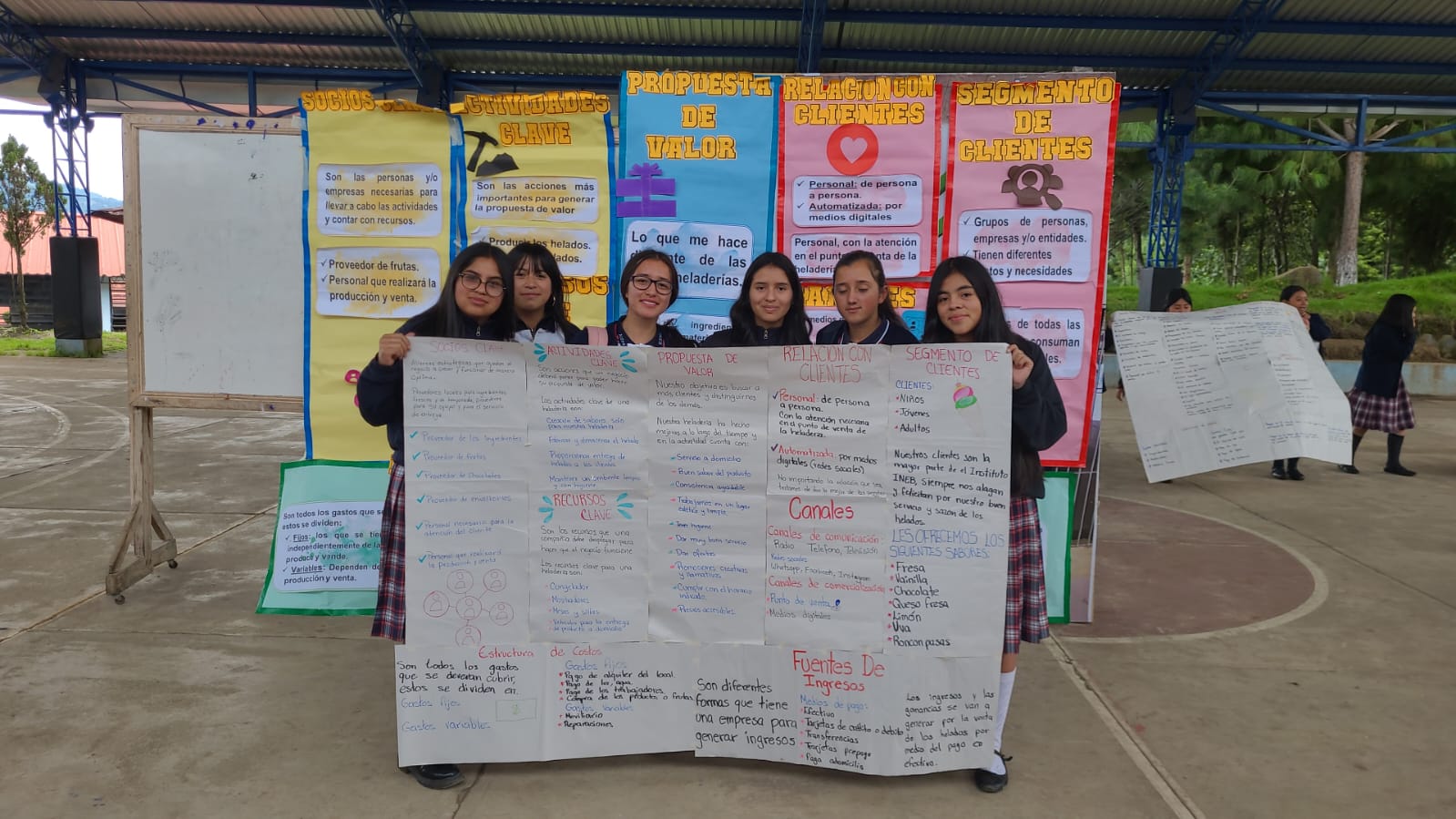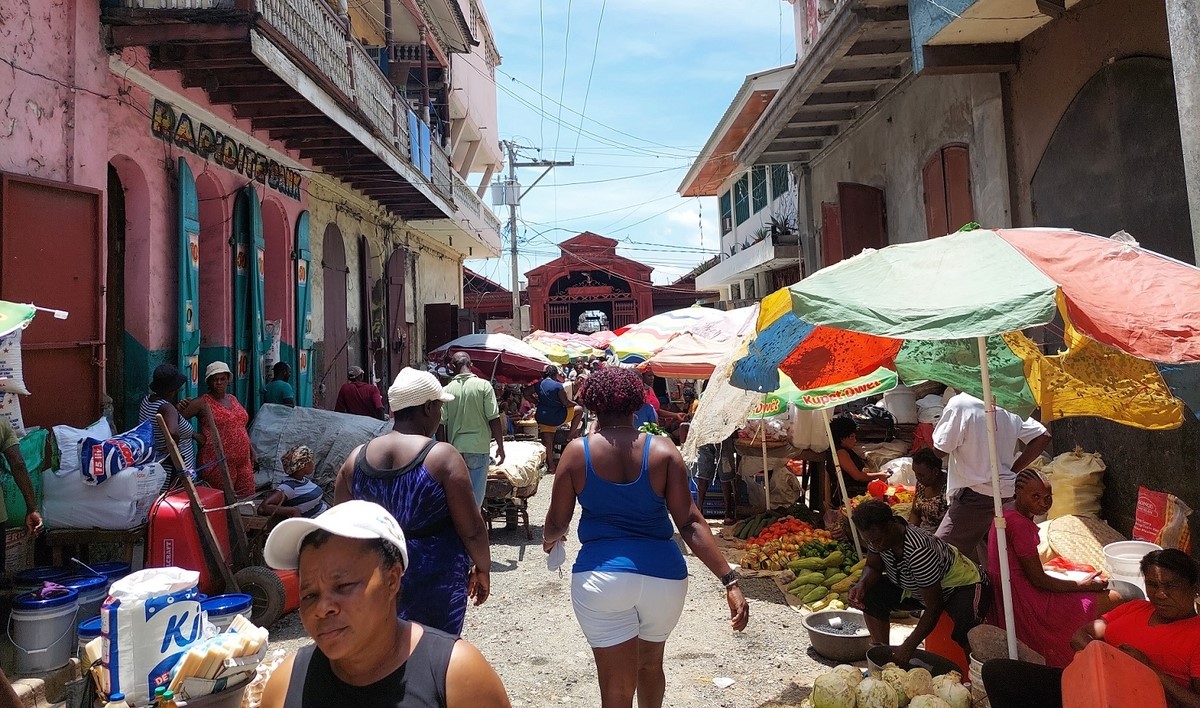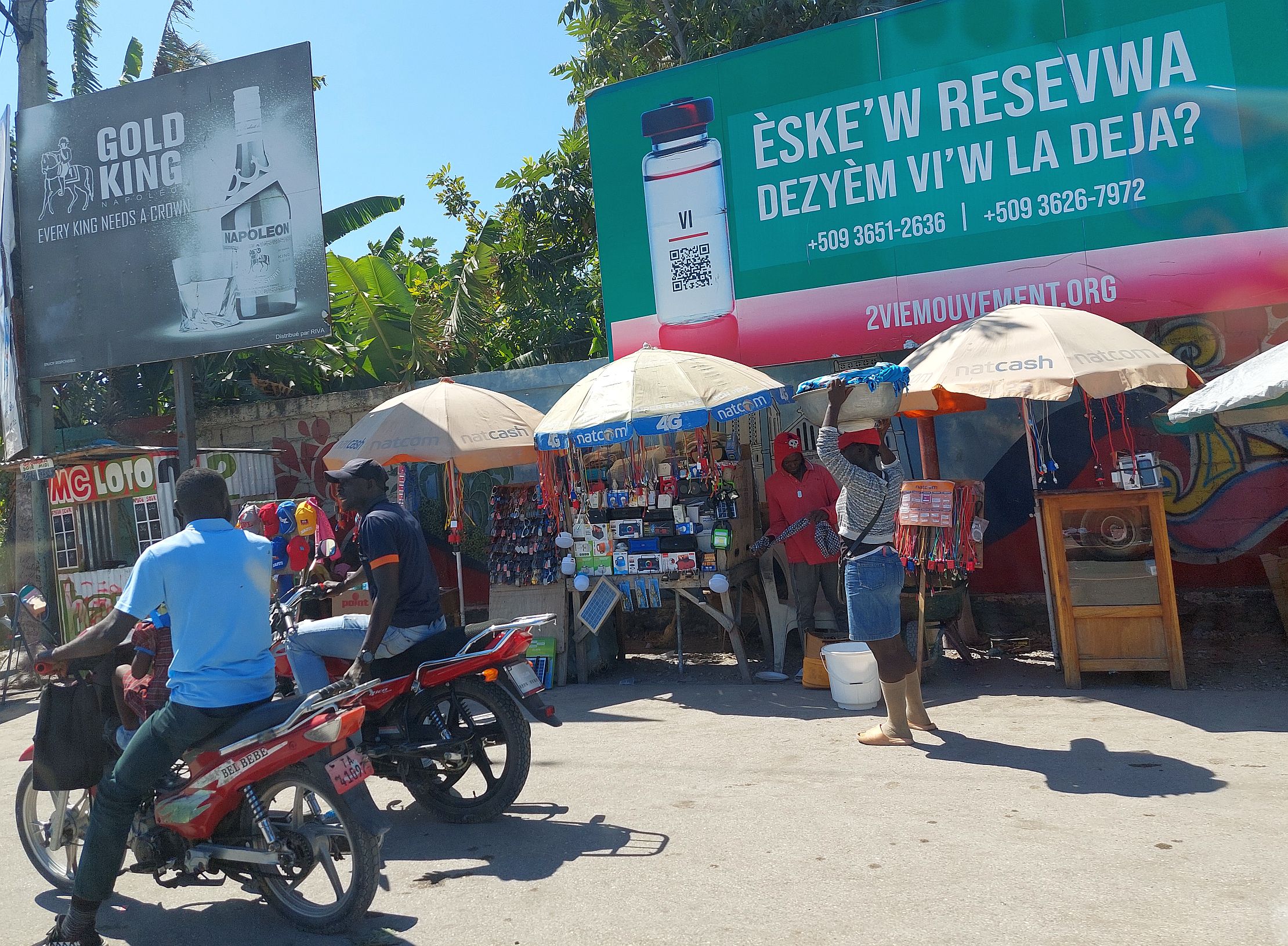One of the largest public markets in the northern Haitian city of Cap-Haïtien, Pont Neuf plays a vital role in the local economy. However, management challenges and environmental concerns – notably a lack of solid waste management – are limiting the market’s ability to drive local economic growth and provide sustainable livelihoods for vendors. This directly impacts women, who make up the majority of its traders.
The LAVIL programme, implemented by Cities Alliance with funding from USAID, is supporting the city of Cap-Haïtien to improve the management of the market and stimulate sustainable local development. The city is working with partners including market vendors, community organisations, the Institute for Housing and Urban Development Studies (IHS), Fondazione AVSI, Habitat for Humanity (HFH), and the Institut de Formation et de Services (IFOS).
As a first phase of LAVIL, diagnostics were undertaken to identify the key challenges constraining the market, through five dimensions: Governance, economy, citizenship, environment, and basic services. The results are informing solutions to address the challenges related to the management of the market, particularly solid waste management.

Located in the city centre, the Pont Neuf market, hosts over 2,000 traders daily offering a wide range of local products, household items and clothing. Open daily, the market is organized into two sections: The first, officially designated for commerce, includes some infrastructure. The second, located along the coast, without appropriate infrastructure, is subject to environmental risks.
The market is primarily driven by women known as the Madan Sara, who make up 88 per cent of the traders. Madan Sara buy produce from rural farms and transport it to larger regional outlets. They are a vital link between farmers and city dwellers and a fundamental pillar of the local economy.
Key challenges identified
The diagnostics identified three main challenges that degrade the working environment for traders and the visitors’ experience in the market:
- Insecurity: The market faces security issues that are exacerbated by racketeers extorting money from traders, a situation that particularly affects the Madan Sara.
- Health challenges and public health risks: Water quality is poor at the market and sanitary facilities lacking. Makeshift latrines that do not meet basic hygiene standards are installed along the river and on the coast. This exposes users to an unsanitary environment, increasing the risk of water contamination and the spread of diseases.
- Solid waste management: About half of the traders dispose of their own waste, with 80 per cent doing so daily. However, most of this waste ends up in informal disposal sites, with only 10 per cent officially collected by authorities or private entities. The absence of effective solutions for waste collection and treatment leads to an accumulation of solid waste that ends up in nearby rivers and the sea or is burned by the population. This worsens the health and environmental conditions of the market and surrounding areas.
66 per cent of traders expressed dissatisfaction with the current waste management practices in the market, caused by a lack of resources and equipment within the municipal administration.
Enhancing governance and solid waste management
Based on the diagnostics, Cities Alliance and its partners, including the Cap-Haïtien town council, are developing an action plan to improve governance and solid waste management at the market. The plan, which is part of the pilot phase of the LAVIL programme, will focus on:
- Strengthening public-community dialogue by creating spaces to foster consensus building and enhance dialogue between local government and vendors.
- Improving basic services and infrastructure by implementing local solid waste management solutions and improve essential basic services and infrastructure.
- Building capacity by offering tailored sessions to strengthen the capacity of local authorities, local organisations, and traders to facilitate the adoption of sustainable business and urban development practices.
These collaborative efforts aim to transform Pont Neuf into a model of sustainability for public markets in Haiti. By addressing management issues and environmental concerns, the project aims to improve the livelihoods of traders and enhance the shopping experience for visitors.





